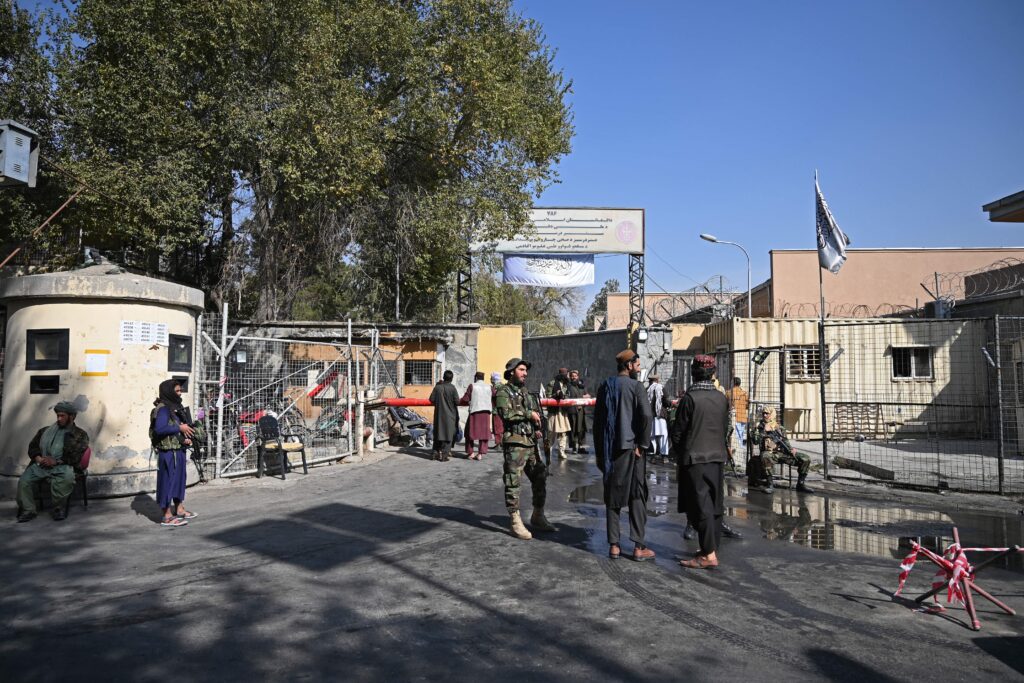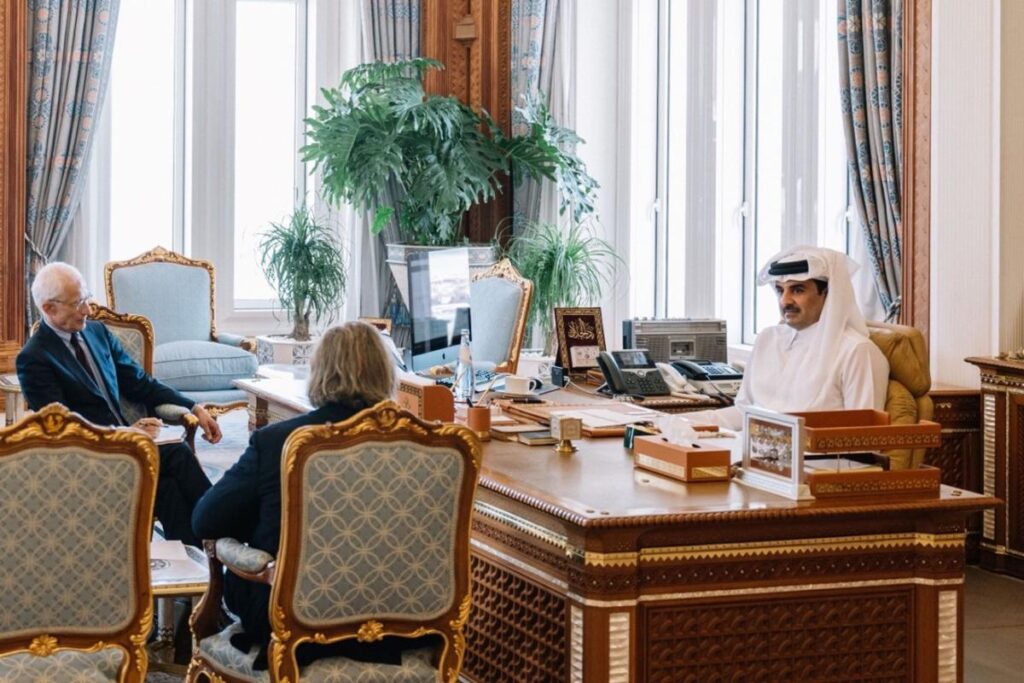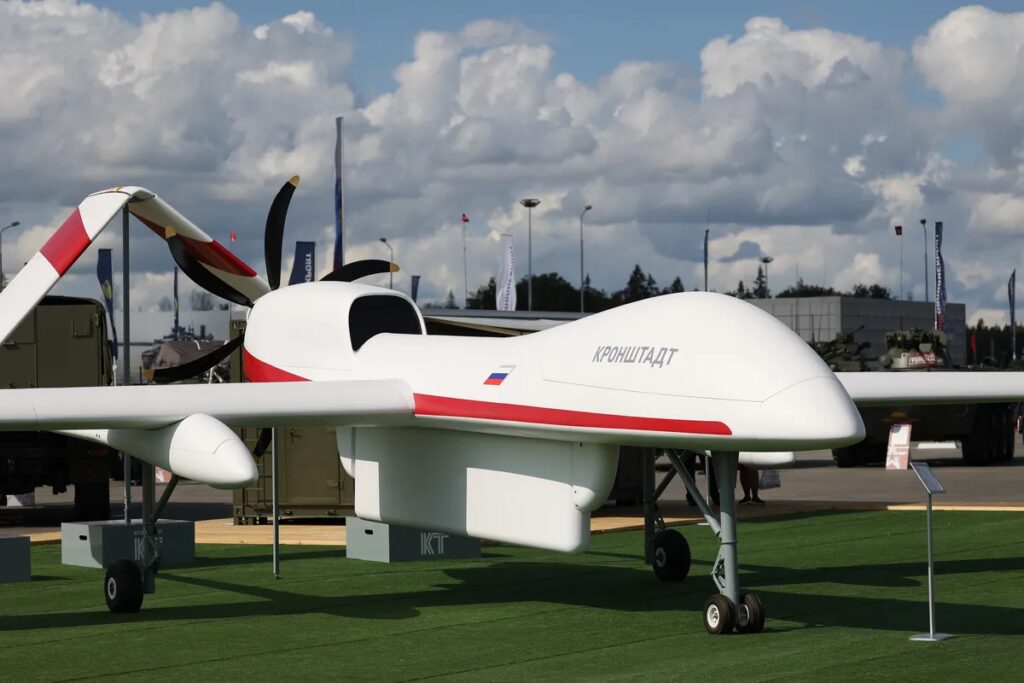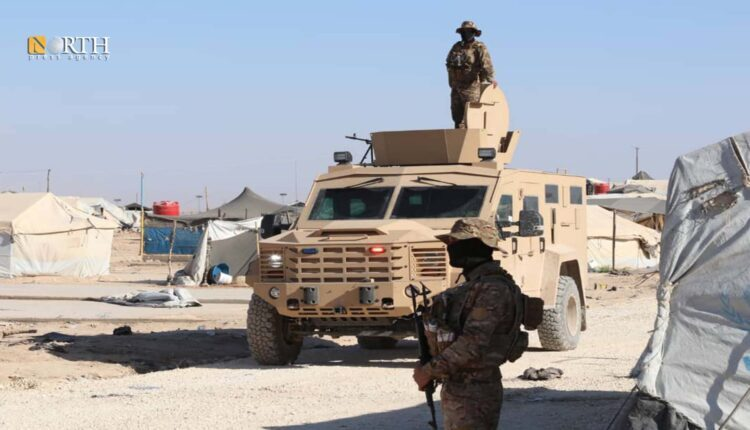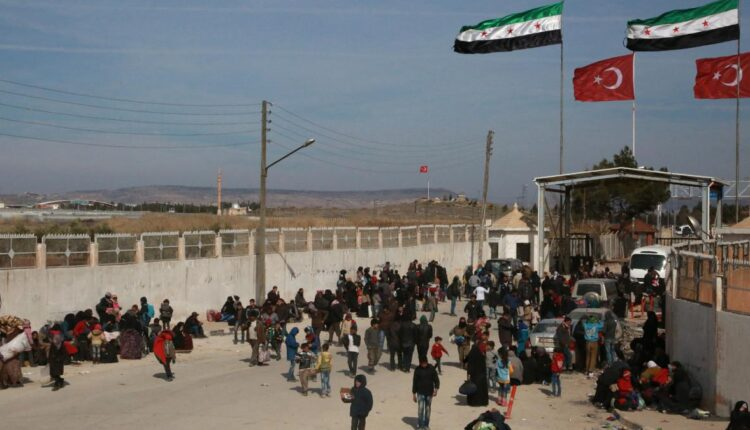Palestinians Cuddle up with Arabs Who Kill Palestinians
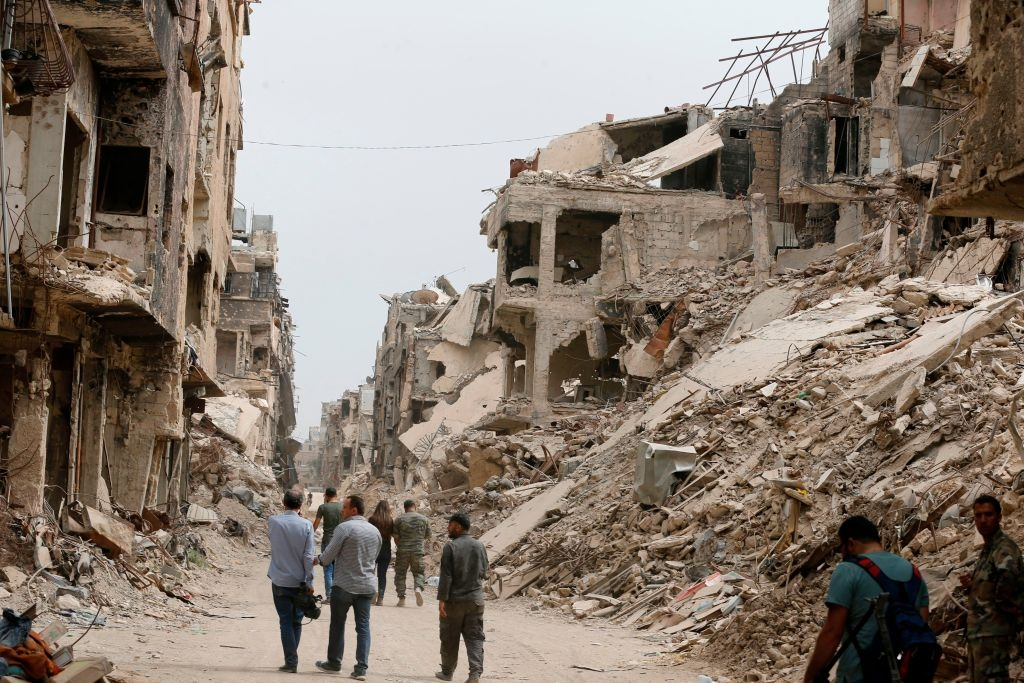
A report published on September 18 revealed that 638 Palestinians have been tortured to death by Syrian intelligence officers in the past few years. The victims include 37 women.
“What is happening inside the Syrian detention centers against the Palestinians is a war crime by all standards.” — Action Group for Palestinians of Syria (AGPS), September 18, 2022.

